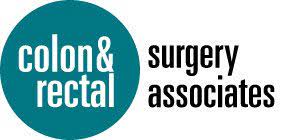Thank you to the Get Screened MN campaign partners:
Minnesota Oncology, MNGI Digestive Health, Colon & Rectal Surgery Associates, Colon Cancer Coalition.
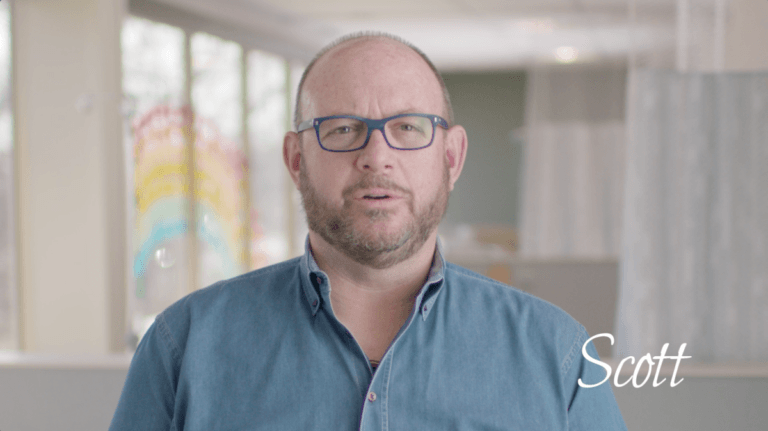
Scott, Survivor
Scott was diagnosed stage I during routine colon cancer screening at age 51. He is now cancer-free.
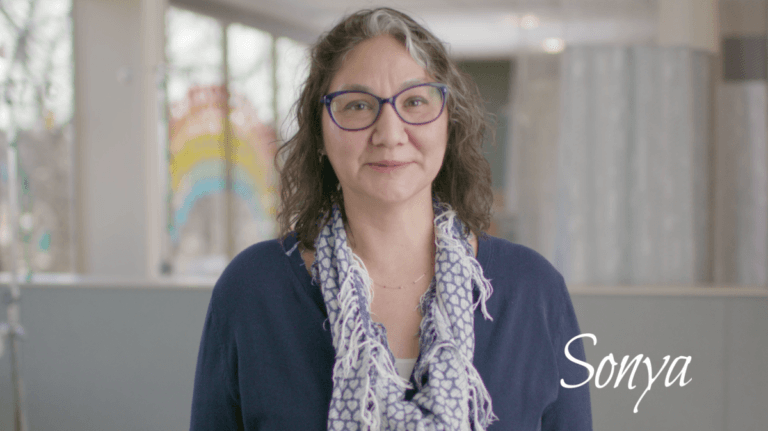
Sonya, Survivor
Sonya was diagnosed after recognizing symptoms. She is celebrating 5+ years cancer free.
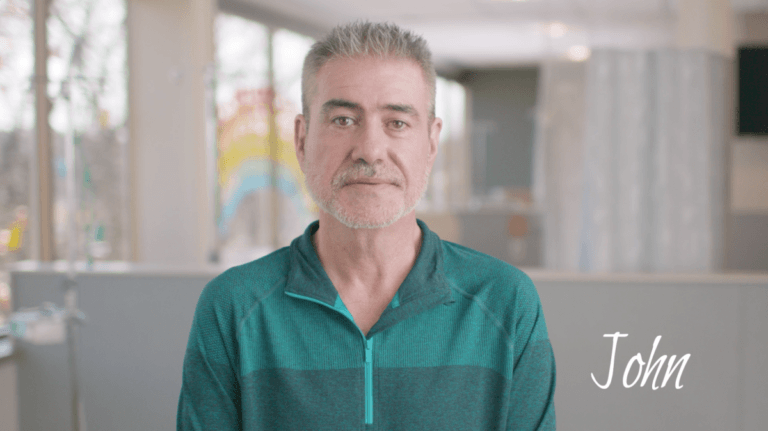
John, Patient/Survivor
John was diagnosed at age 48, before the screening age was lowered to 45. He is still in treatment.
When Should You Start Screening?
The USPSTF* and American Cancer Society recommend screening for colorectal cancer begin at age 45, although most insurance covers screening starting at age 50.
Important notes about screening:
- On-time screening can vary by person based on family history, genetic conditions, personal medial history, andmore.
- Screening for colon cancer should begin at 45 for Black, Hispanic, and Indigenous populations.
- If you have a family history, screening should begin at least 10 years prior to your family member being diagnosed with colon cancer or polyps.
For example, your dad was diagnosed at 50, you should begin screening at age 40. - Those with genetic syndromes like Lynch syndrome, MAP, FAP, and others, should start screening earlier.
- Talk to your doctor about your personal medical & family history to find out what on-time screening is for you.
- Colon cancer screening is covered by health insurance. If you have questions about your coverage talk to your insurance carrier.
- If you are experiencing any signs or symptoms, be sure to discuss those with your health care provider right away.
*recommendations updated May 18, 2021
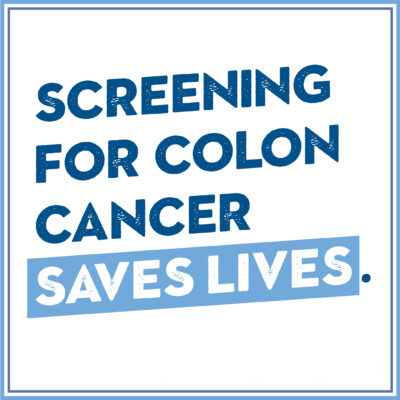
Colon Cancer Screening Options
Visual-based screening options
At a medical center your doctor will look at your colon and rectum for polyps or evidence of cancer. Colonoscopies can also prevent cancer by removing polyps when they are found. These exams require a full colon cleansing (prep) on the day before the test.
- Colonoscopy: Every 10 years with normal results*
- Virtual colonoscopy: Every 5 years*
- Flexible Sigmoidoscopy: Every 5 years*
*Your doctor may recommend different timing based on health history.
Stool-based screening options
These tests look for blood and/or abnormal cells in your stool. Testing kits can be completed in the privacy of your own home, and then are returned to your health care provider or shipped to a lab for processing. Be sure to follow the instructions
- Fecal Immunochemical Test (FIT): every year
- High Sensitivity Fecal Occult Blood Test (FOBT): every year
- mt-sDNA stool test (Cologuard): every 3 years
If blood or abnormalities are found, a colonoscopy is needed.
Where to Get Screened in Minnesota
MNGI Digestive Health is a nationally recognized leader in gastroenterology diagnosis, quality and care.
Our Twin Cities-based physician practice specializes in the diagnosis and treatment of adult and pediatric digestive system disorders and our gastroenterologists have expertise in virtually all aspects of gastrointestinal (GI) care.
Colon & Rectal Surgery Associates (CRSAL) is one of the largest independent colon and rectal physician practices in the world, specializing in the diagnosis, evaluation, and treatment of colon and rectal diseases. CRSAL provides concentrated expertise in all areas of colon and rectal surgery, and is recognized globally as a leading academic and research institution.
Treatment Options for Colorectal Cancer
Minnesota Oncology is the Twin Cities’ largest and most experienced cancer and blood disorder treatment provider. Our patients have access to a team of experienced cancer specialists, evidence-based treatment paths, 12 close-to-home locations, and comprehensive services to support the whole person. New patient consultations are available within 48 hours of your request. No referral necessary.


